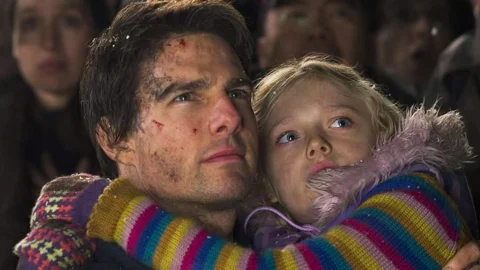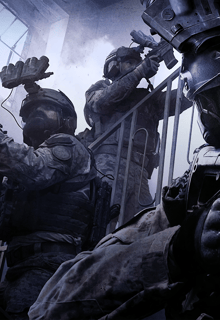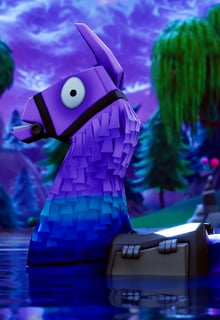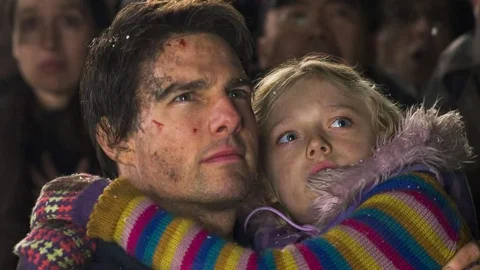With War of the Worlds Steven Spielberg created one of the most iconic Sci-Fi movies ever. But he's not happy with it.

War of the Worlds from Steven Spielberg was published 18 years ago, but still is a classic when it comes to Sci-Fi movies. Through there have been many adaptations of H.G. Wells' novel from 1898, including an infamous radio drama from 1938 which led many Americans to believe it was actually happening, Steven Spielberg's version from 2005 is one of the most known.
Despite the great success and the high profit that the film earned and the popularity it enjoys to this day, Spielberg is still critical, especially when it comes to the ending.
Obviously, there are gonna be spoilers. So if you haven't done so; go watch the movie and then come back here!
Steven Spielberg Isn't Happy With The Ending Of War of the Worlds
The ending is indeed quite uncommon. We follow Tom Cruise as Ray Ferrier trying to save his two children, somehow survive the overpowering invasion of the Tripods. For two hours, we see him and his kids get traumatized through this living nightmare. And then it ends. Just like that, with a cough. There's no big battle, no hero saving the world with their sacrifice – the big bad evil guys just die. They aren't immune to some pathogens on earth.
In his colleagues' book, James Cameron's Story of Science Fiction, Spielberg admits that:
The film doesn't have a good ending. I never could figure out how to end that darn thing.
Cameron concurs with his colleague, and they both get to a conclusion probably everybody agrees on: Morgan Freeman narrating things does make everything better.
From the great Story Of Science Fiction book, Steven Spielberg and James Cameron discuss the ending of War Of The Worlds. pic.twitter.com/e2vhWX2OcR
— Nick de Semlyen (@NickdeSemlyen) October 30, 2018
Spielberg proved he's good at his job with Freeman narrating the opening and ending of the movie. Finding a solution he isn't quite happy with, but which makes the whole movie work – it didn't become a classic for nothing.
I'll give him that, and of course Mr. Freeman's voice would be my choice too, if someone should narrate my life. But H.G. Wells did know how to end his story. During his time, there was a small realization of the impacts of British colonialism and imperialism.
Between 1871 and 1914 there were multiple fiction novels now summed up as “Invasion Literature” in which the (mostly) British authors feared what would happen to them if some else should decide to conquer the world – or, well, invade their homeland.
Furthermore, the topics of natural selection and human evolution as described in Darwin's On The Origin Of Species (1859) were still something debatable and contents, that people thought about. So for his time, H.G. Wells found a perfectly fine ending, which Spielberg adapted for his movie.
Speaking of adaptations...
This article contains affiliate links which are marked with [shopping symbol]. These links can provide a small commission for us under certain conditions. This never affects the products price for you.





























